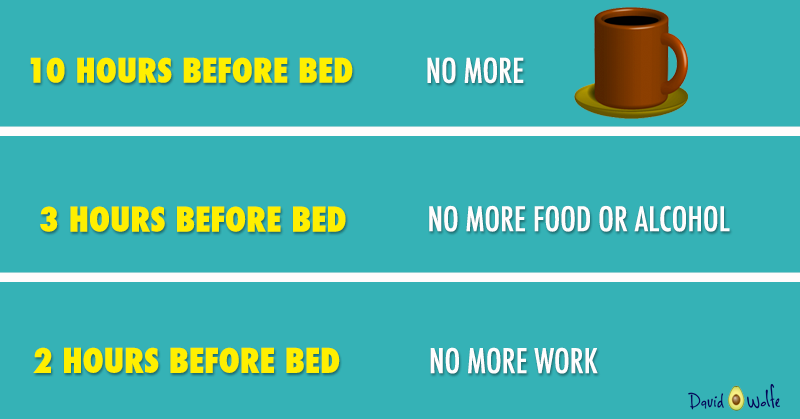Getting enough sleep is something that’s always been a challenge for me – and indeed, many others.
If you’re like me, you’ve probably spent plenty of time on the Internet or in one of the app stores searching for a program or calculator that will do all the planning required to get the sleep your body needs.
But luckily, I’m about to end your search.
Craig Ballantyne, a fitness coach and health blogger, has created a really helpful formula he calls “10-3-2-1-0” that he believes will help you wake up full of energy instead of groggy and furious at your alarm clock.
So what exactly is “10-3-2-1-0?”
The numbers represent key moments Ballantyne believes we need to focus on in the quest to get better sleep. They are as follows:
- 10 hours before bed, stop consuming caffeine
- 3 hours before bed, stop eating food and drinking alcohol
- 2 hours before bed, stop working
- 1 hour before bed, stop using anything with a screen
- 0 is how many times you’ll need to hit the snooze button in the morning
Sounds pretty interesting, right? But does it work? Let’s take a look at the science behind Ballantyne’s formula.
10 Hours
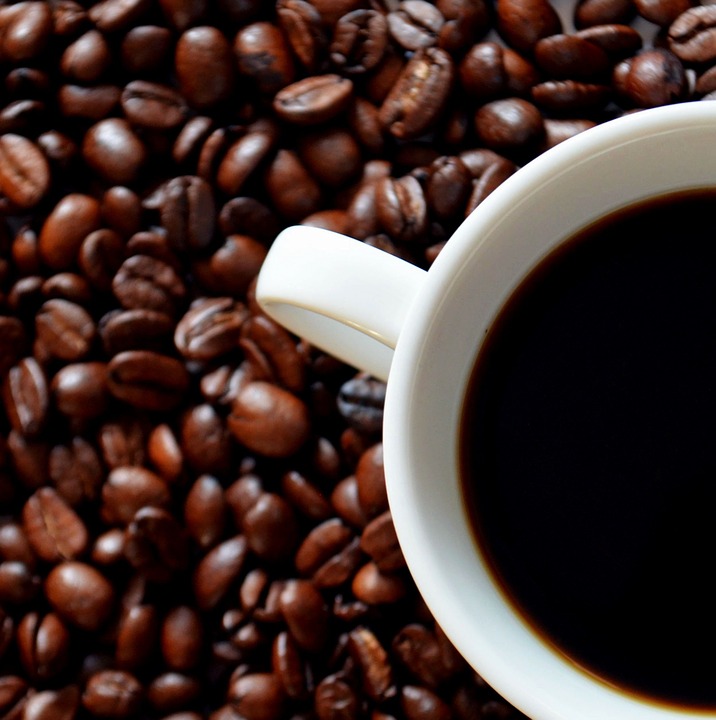
According to Caffeine Informer, the half-life for caffeine is anywhere between 4 to 6 hours. At this point, you’ll stop feeling the effects of the caffeine – but it will still be present in your body. 10 hours, the length of time Ballantyne recommends, is more or less the point when caffeine will no longer be present in your body, making it easier to fall asleep.
3 Hours
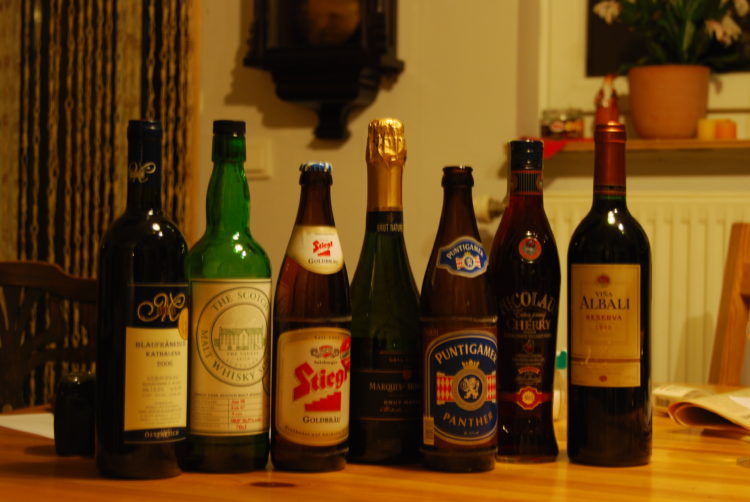
Many a dietitian, including Leslie Beck, recommends eating no later than two to three hours before bed. If you must eat any later than that, you’re best off eating a small snack like fruit, as this will digest quickly.
As far as alcohol goes, while it is a depressant that may seem like it causes you to fall asleep faster, it can actually make for a turbulent, nightmare-prone sleep.
2 Hours
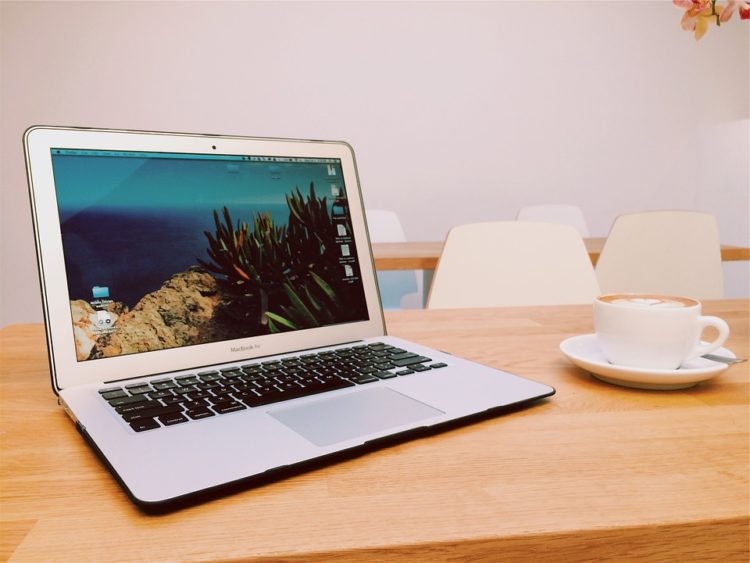
Many sleep experts and psychologists have spoken on the importance of letting your brain power down before you get to sleep.
The goal, as sleep specialist Dr. Silberman writes for Psych Central, is to allow enough separation from your thoughts when you hit the sack. Ballantyne’s recommendation of stopping work about 2 hours before you plan to sleep makes sense in this light.
1 Hour
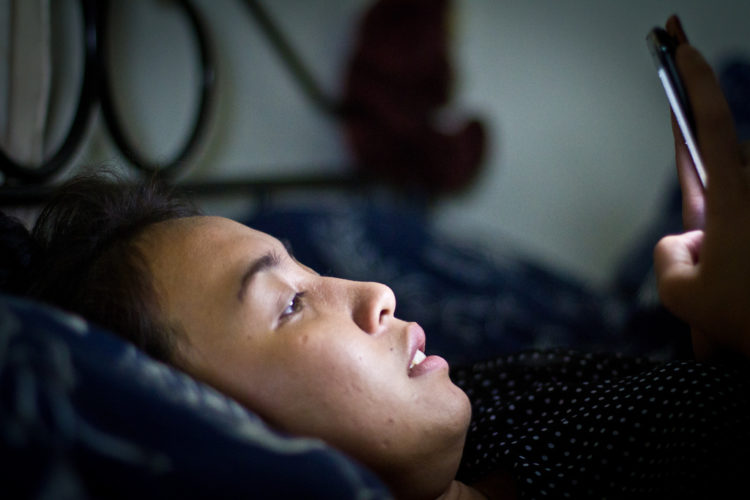
This should come as no surprise if you’ve been paying attention to the news at all lately. Using a device with a screen before bed is very bad. Many studies have shown that exposure to the light emitted by cell phones prevents the brain from releasing melatonin. This stops the body from realizing it’s nighttime.
This has led experts to recommend shutting off screens at least one hour before bed.
What do you think of Craig Ballantyne’s formula for a happier sleep? Does it work for you?
[h/t: www.brightside.me, Early To Rise]


